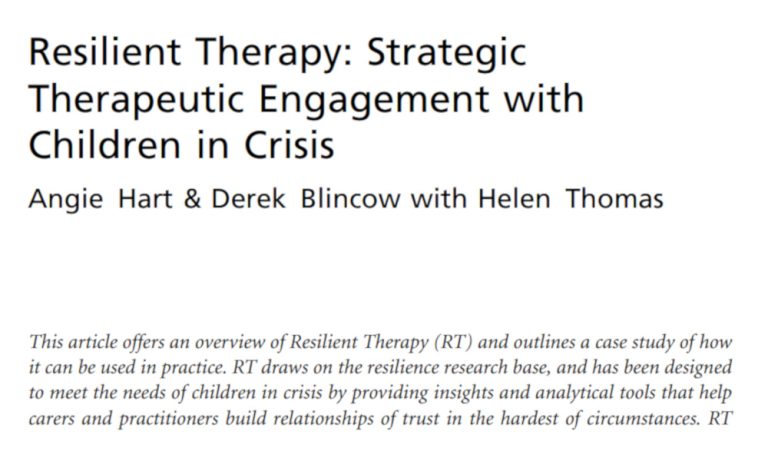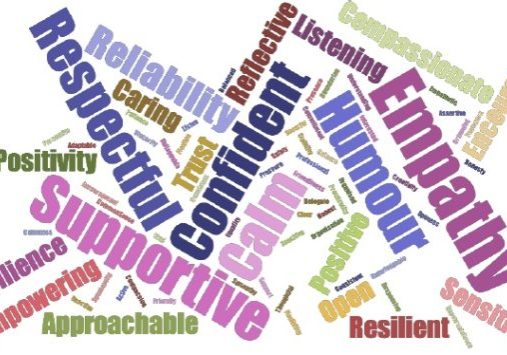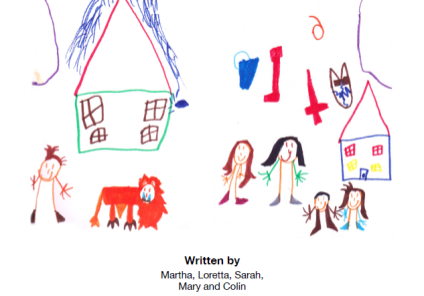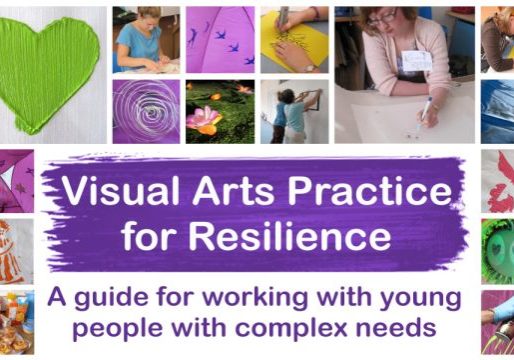This article offers an overview of Resilient Therapy (RT) and outlines a case study of how it can be used in practice. RT draws on the resilience research base, and has been designed to meet the needs of children in crisis by providing insights and analytical tools that help carers and practitioners build relationships of trust in the hardest of circumstances.
Resilient Therapy with children in crisis

Related Resources

Can resilience be measured?
Can resilience be measured? Finding adequate and good ways of measuring is important because we would like to track the effectiveness of resilient building approaches in daily practice, to make sure that people benefit from our interventions, check the quality of our work and continue developing our interventions.

Can kinship carers benefit from learning about resilience?
This is a Collaborative Action Research project using Photo-elicitation to represent kinship carers experiences of trying to use Resilient Therapy and individual interviews with children to find out what helps them through difficult times.

Visual Arts Practice for Resilience: A guide for working with young people with complex needs
The aim of this guide is to offer practical advice and ideas that are affordable and accessible, and can be put into practice with groups of young people. As well as showing how you might put resilience theory into practice and facilitate art based activities.